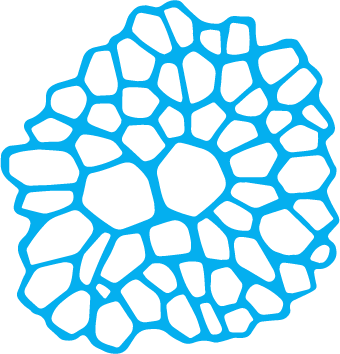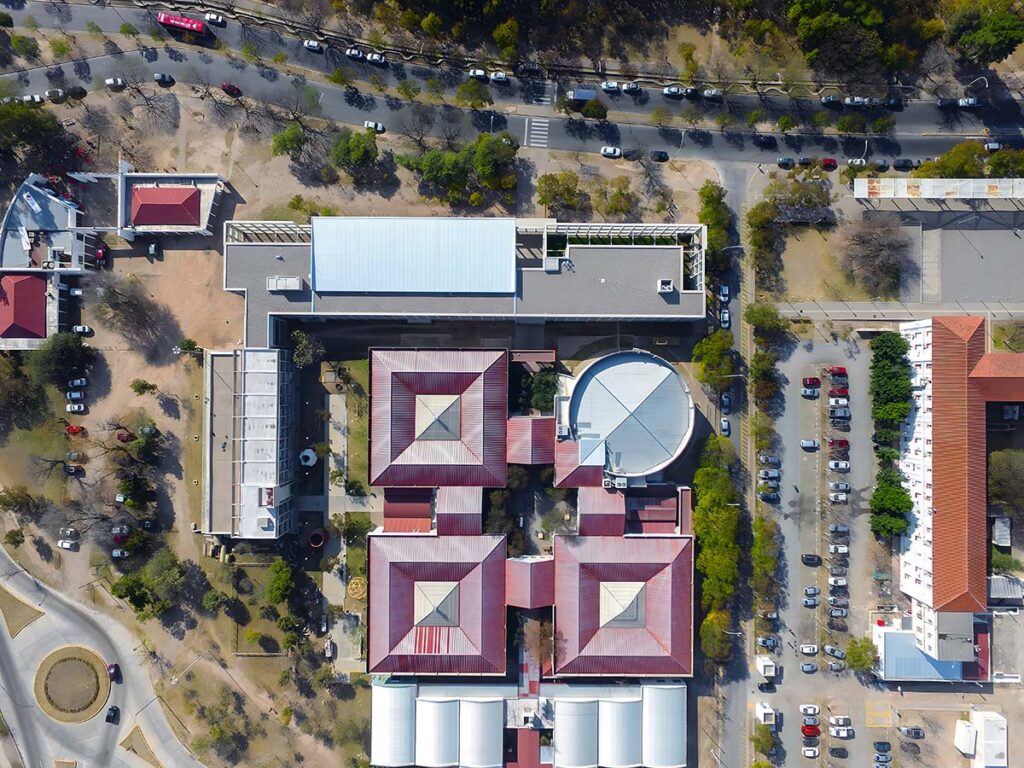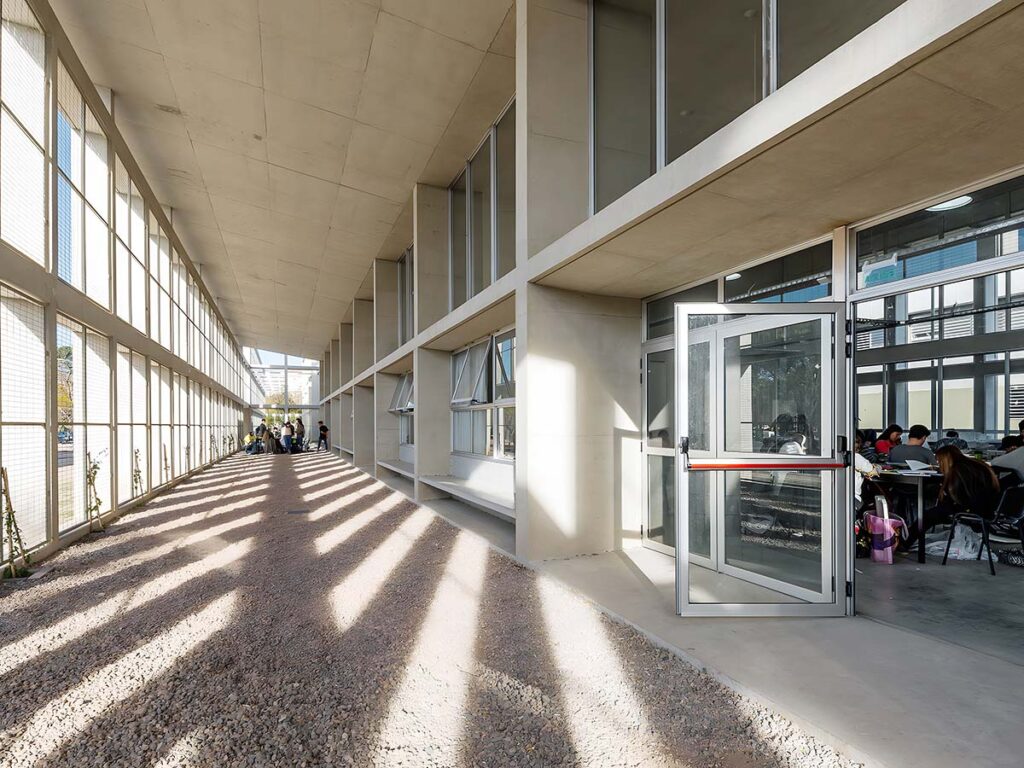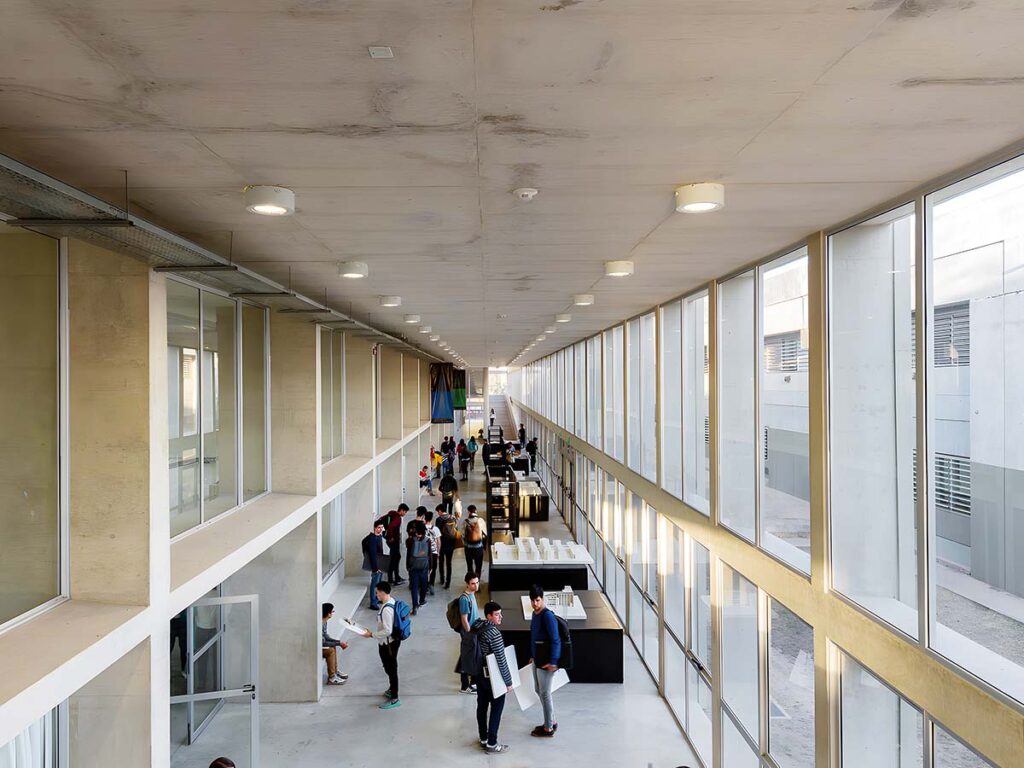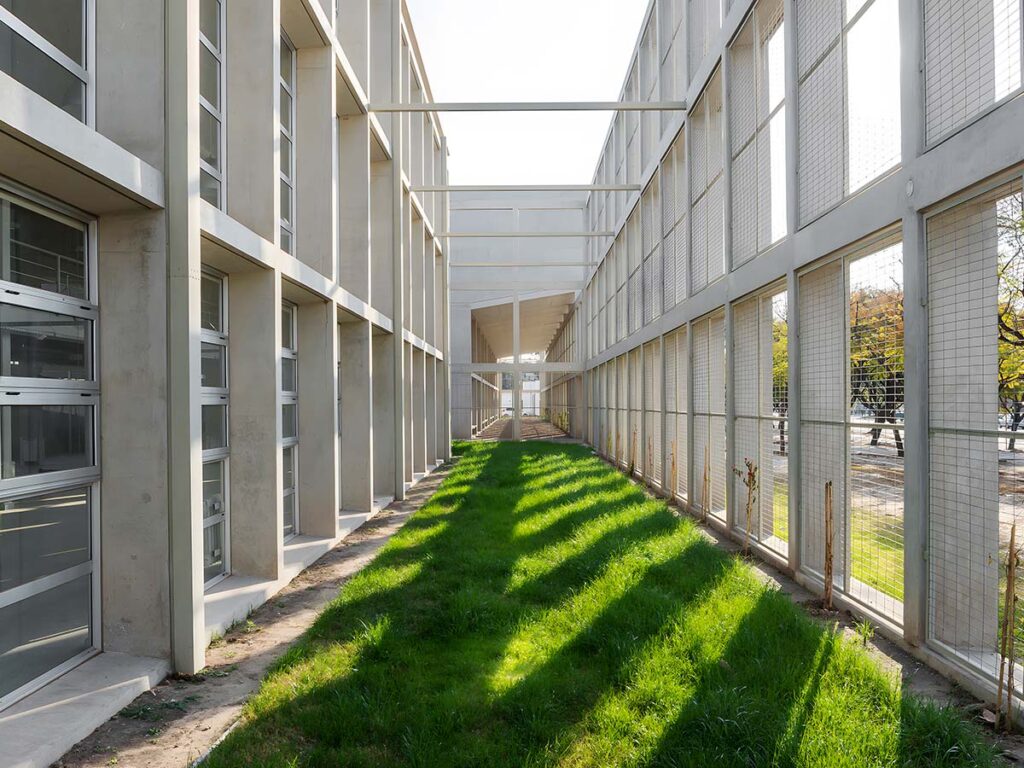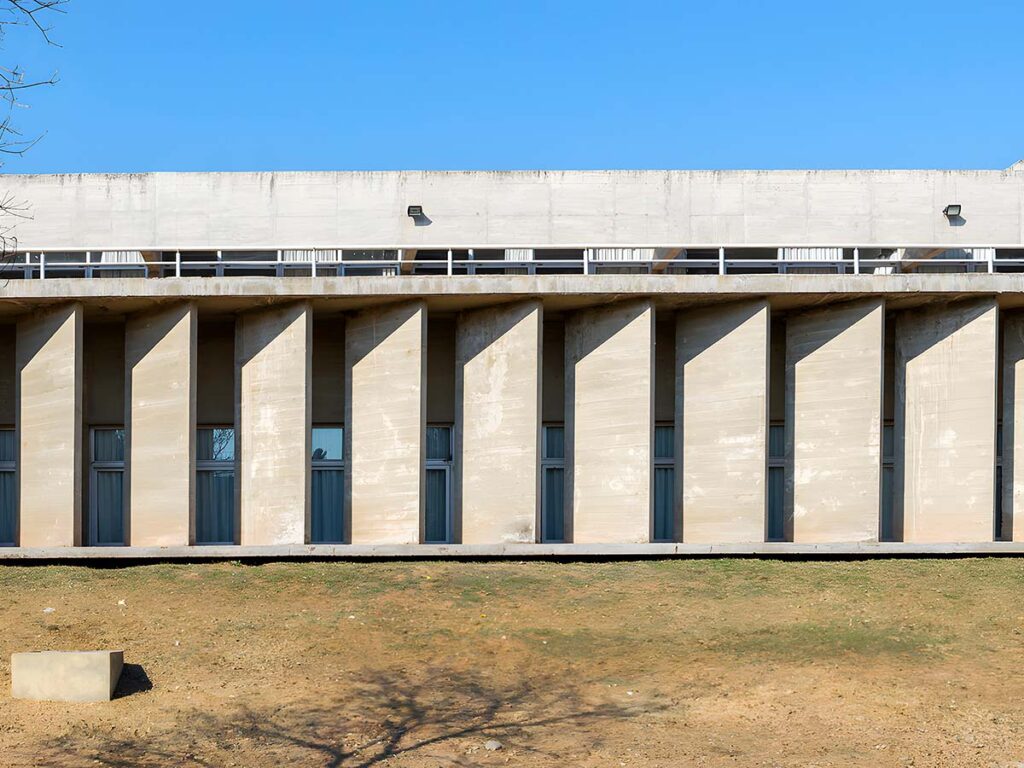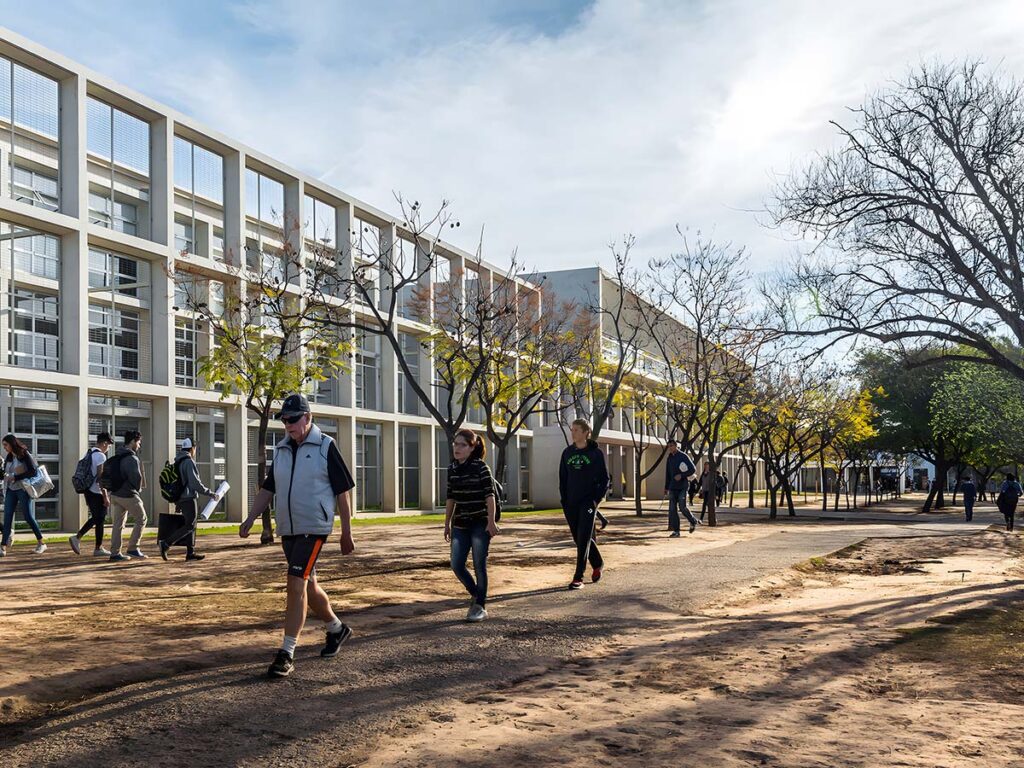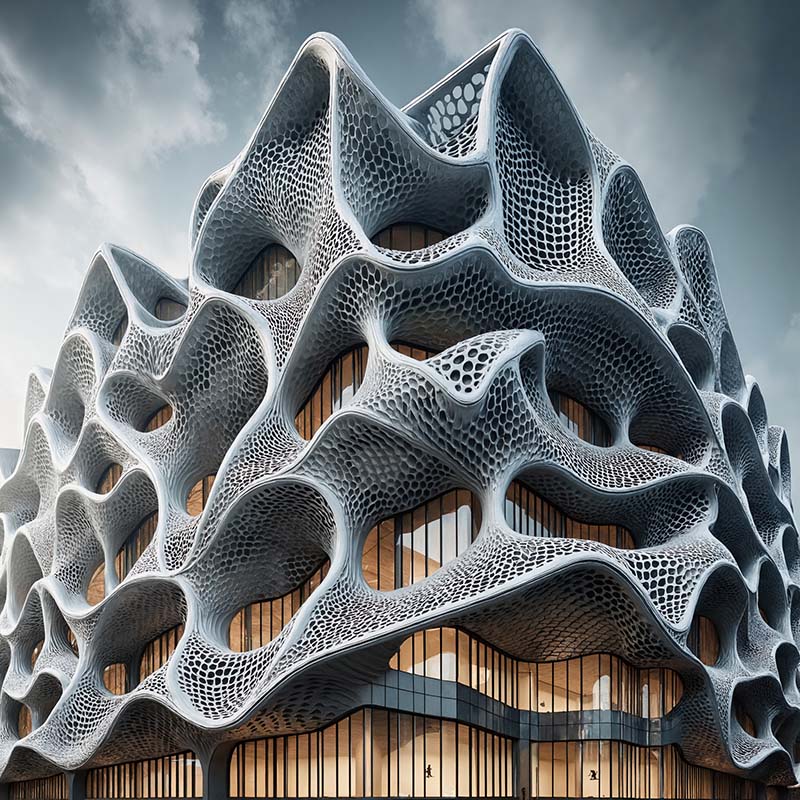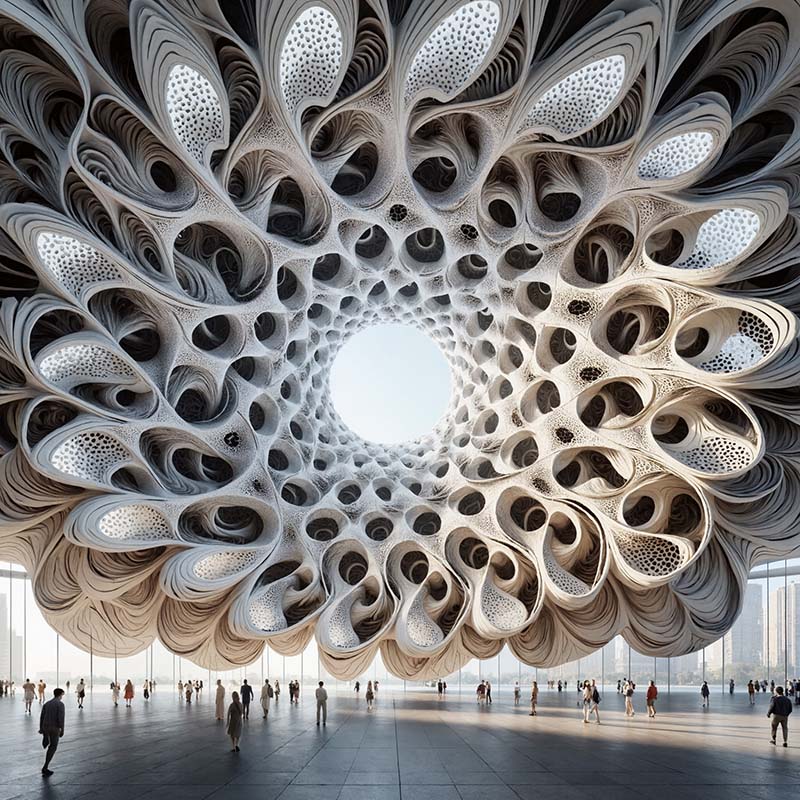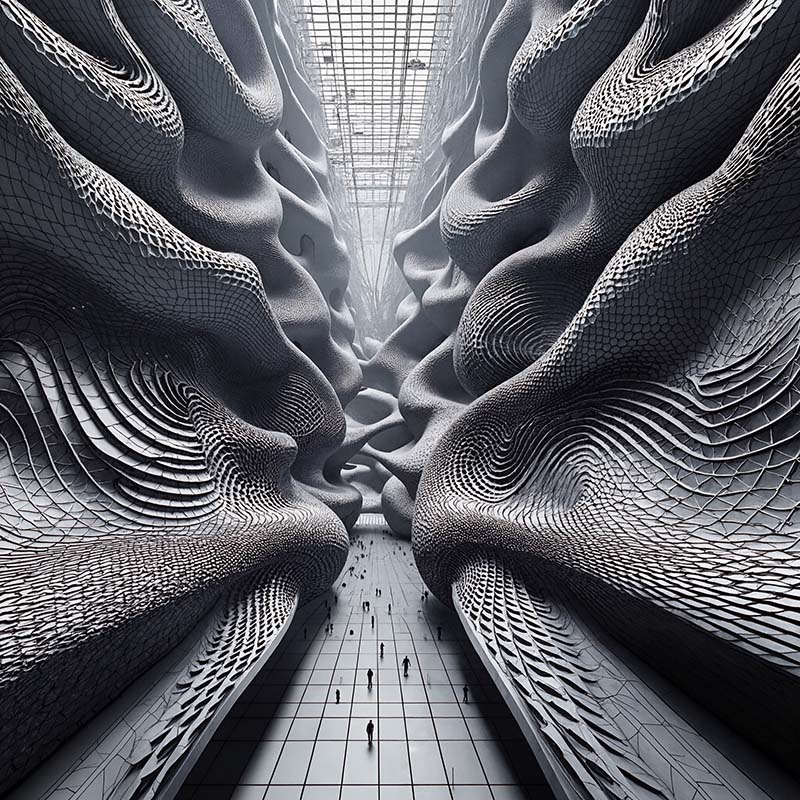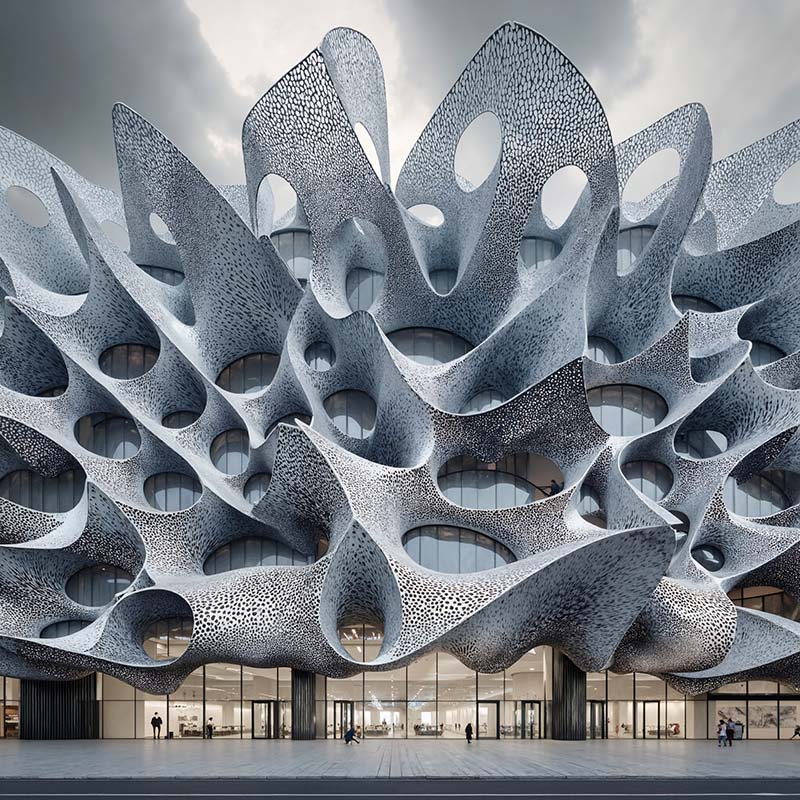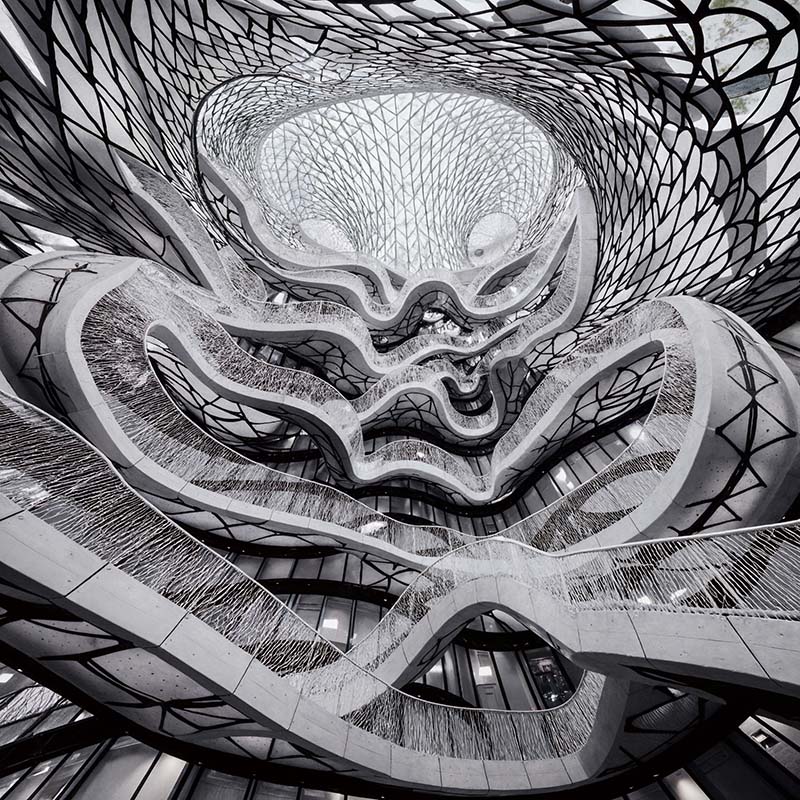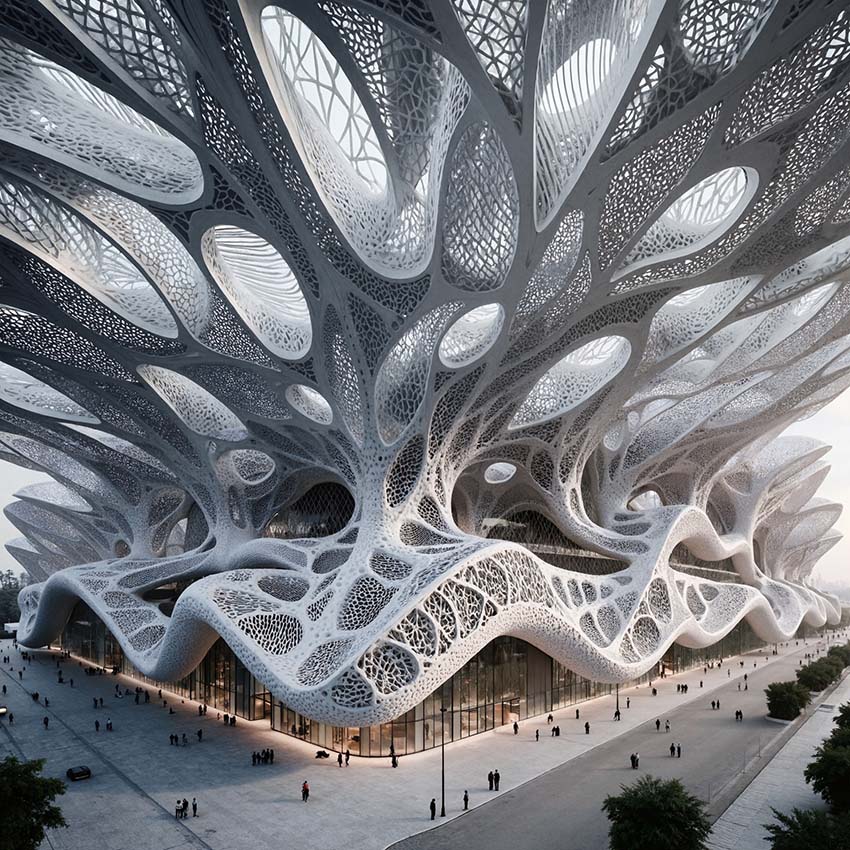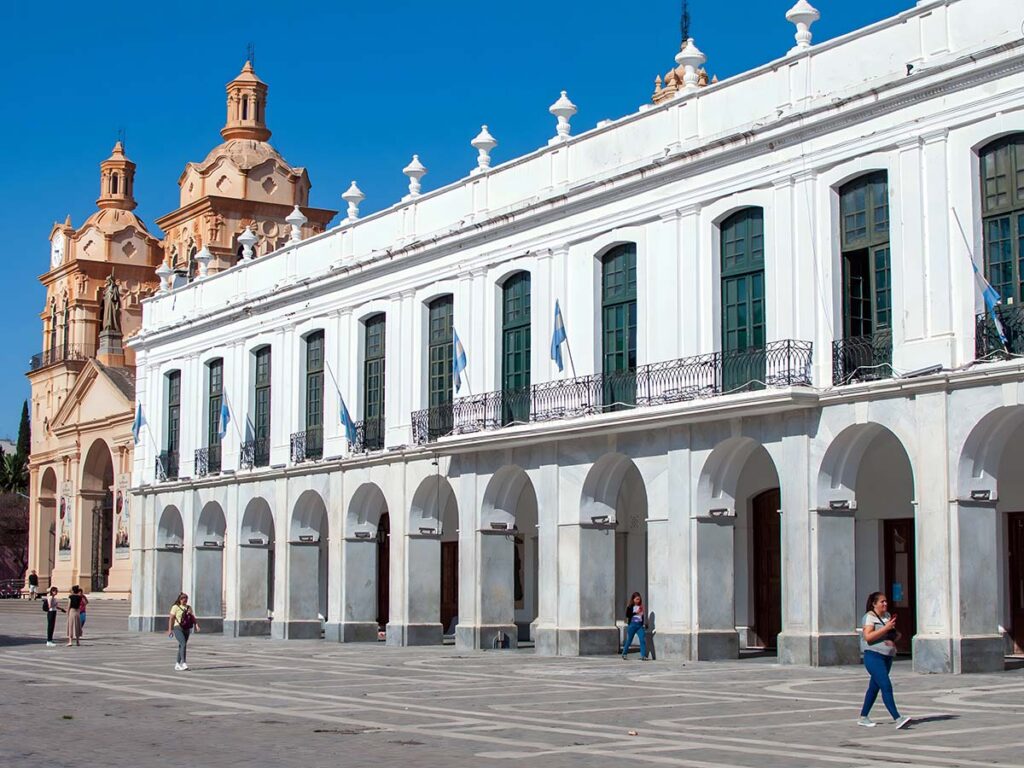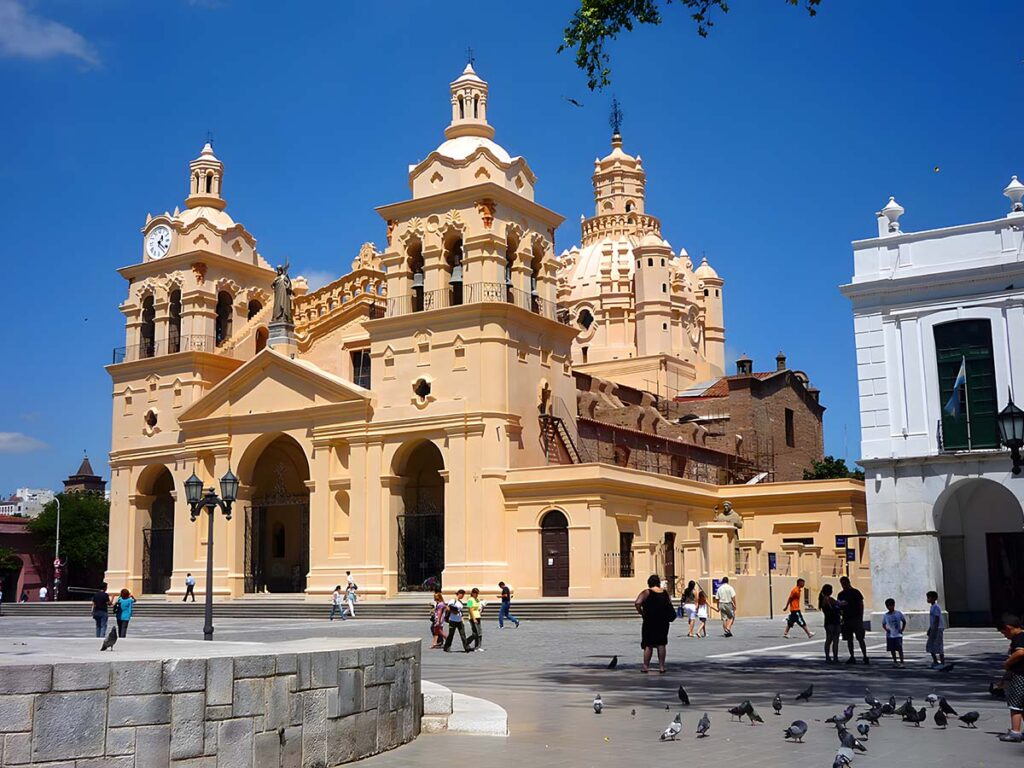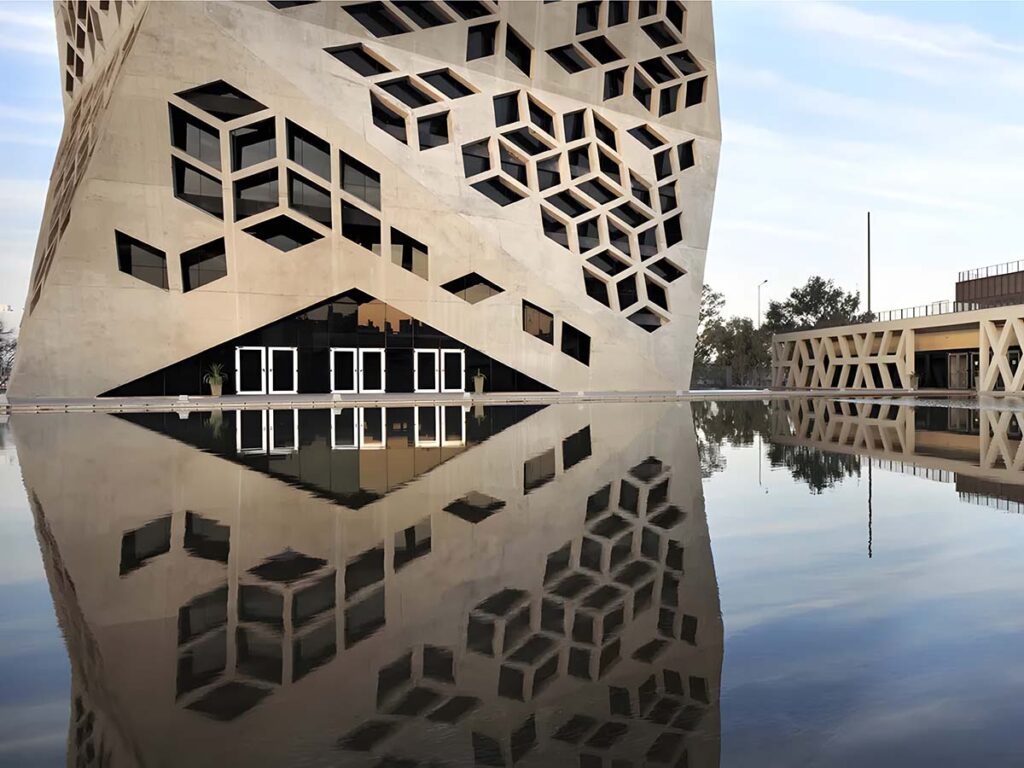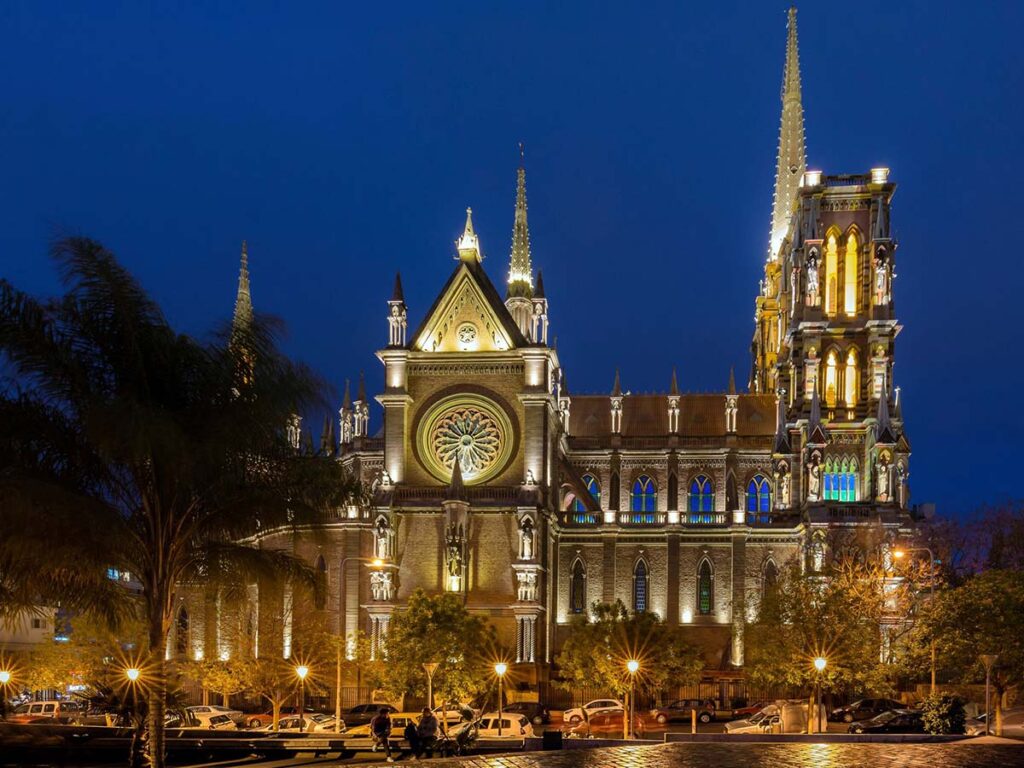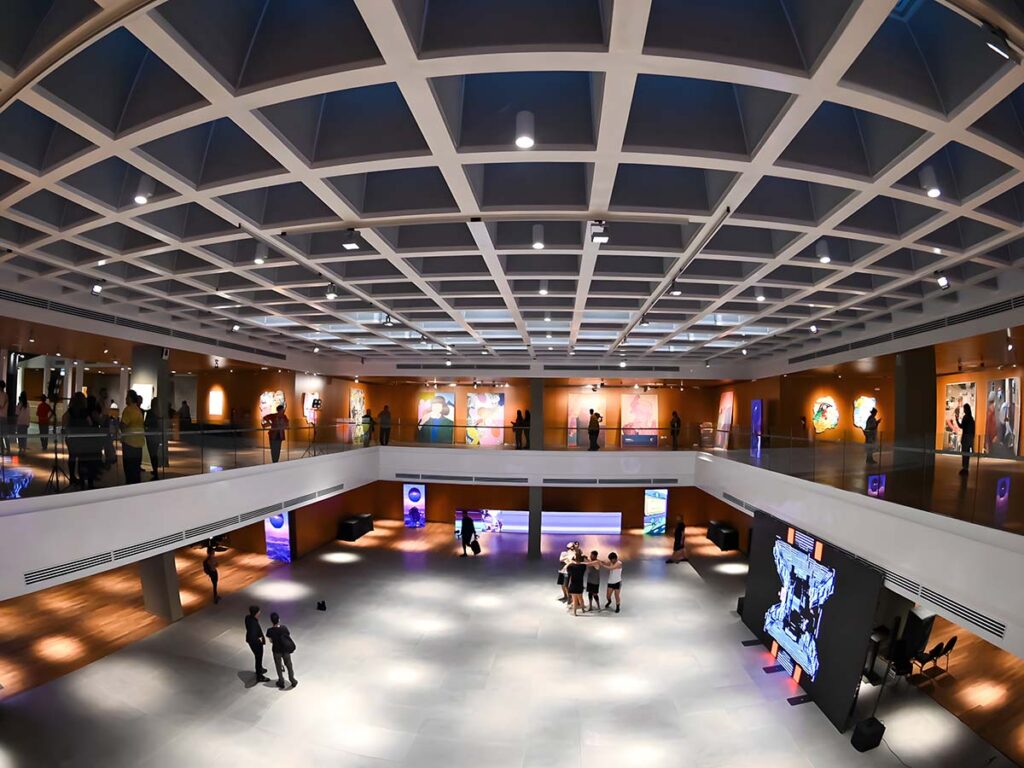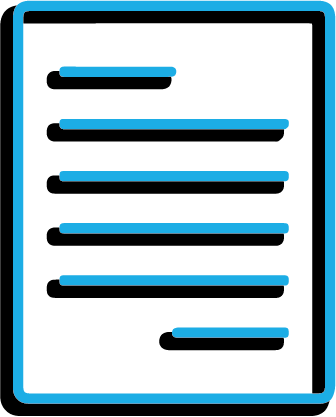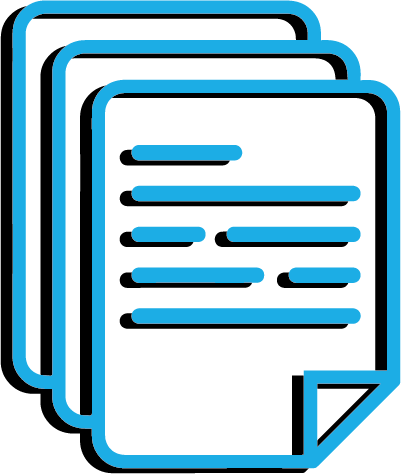In 1931, the School of Architecture was created as part of the Faculty of Exact, Physical, and Natural Sciences. Later, in 1954, this academic unit became the Faculty of Architecture, Urbanism, and Design (FAUD). Since its inception, FAUD has aligned itself with UNC’s mission, emphasizing values centered on holistic education, the dissemination and application of knowledge, and addressing social issues. Its primary goal is to prepare professionals capable of identifying diverse scenarios and designing strategies that foster multidimensional and inclusive participation.
The student population at UNC exceeds 166,840 students, with over 12,427 enrolled in FAUD, solidifying its role as a cornerstone in the training of highly skilled professionals in the region.
MAIN THEME 2025
META RESPONSIVE APPROACHES
The main theme of SiGraDi 2025 is “Meta-Responsive Approaches in Architecture, Art, Design, and Sciences”, encompassing perspectives on research and development, teaching, and professional practice.
Responsive design refers to approaches or methodologies aimed at creating adaptive and flexible solutions capable of effectively adjusting and responding to a variety of changing demands and needs. These solutions must include the capacity for adaptation and adjustment, considering the possibility of addressing diverse situations, whether in terms of physical design (environment), functionality, or user experience.
Welcome to our SiGraDi 2025 event!
We propose the concept of a meta-responsive approach, an approach that evolves in harmony with the trend of human-machine fusion, the field of experimentation in multiple perception (hearing, vision, touch, smell, taste), human-computer interaction, and interaction with new materials. Accompanied by innovative technologies and methods, Meta- Responsive Approaches bring us closer to a possible, inclusive, and sustainable information future.
At SiGraDi 2025, we will explore how these meta-responsive approaches can transform the way we design, build, and experience the environment.
● The adaptability of architectural spaces.
● The personalization of the user experience.
● The use of smart materials.
● The integration of emerging technologies in design and construction.
We will create a space for participants to reflect on how these approaches can influence the teaching of design and architecture, fostering a more inclusive and future-oriented education. Additionally, we aim to promote interdisciplinary collaboration among designers, architects, artists, and scientists to address current and future challenges in the fields of design and architecture.
In summary, SiGraDi 2025 presents itself as an opportunity to explore new ways of thinking
and acting in architecture, art, design, and sciences. Meta-Responsive Approaches will enable us to create innovative, inclusive, and sustainable solutions for an increasingly complex and ever- volving future.
TRACKS
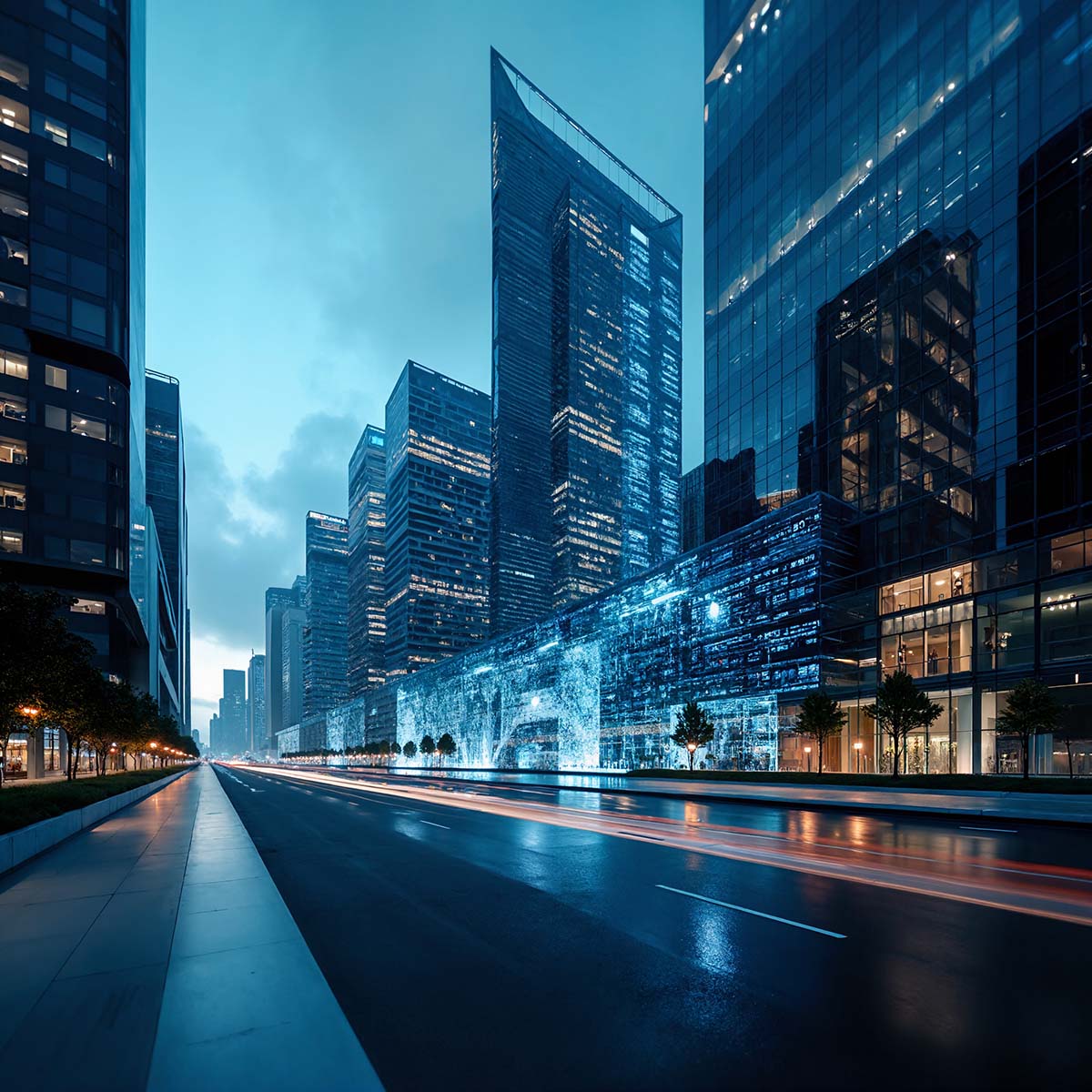
T1. Digital architecture and design: theory and history

T2. Responsive architecture, design and visualization
strategies. Human-computer interaction (HCI). Interactions with new materials.
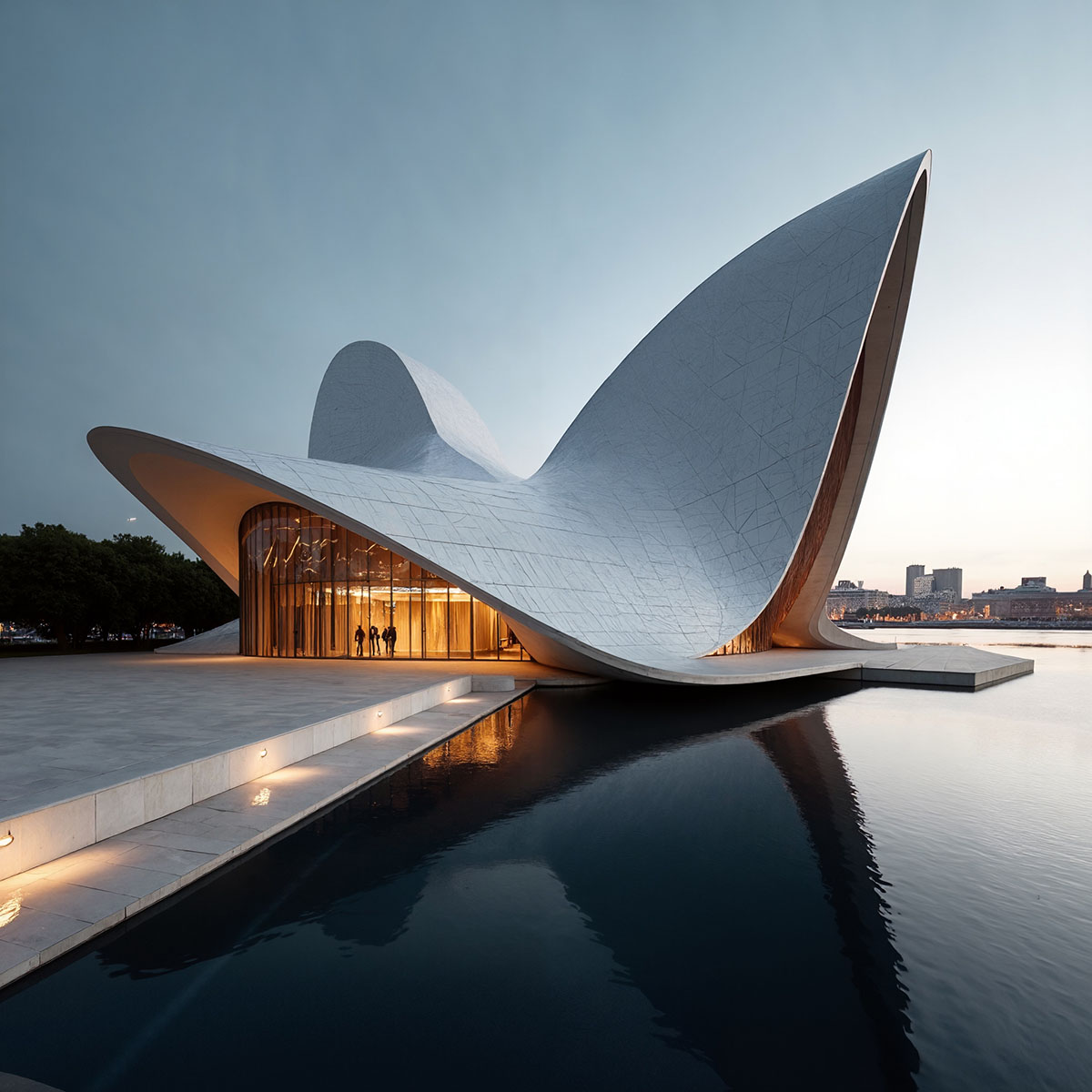
T3. Parametric and generative design
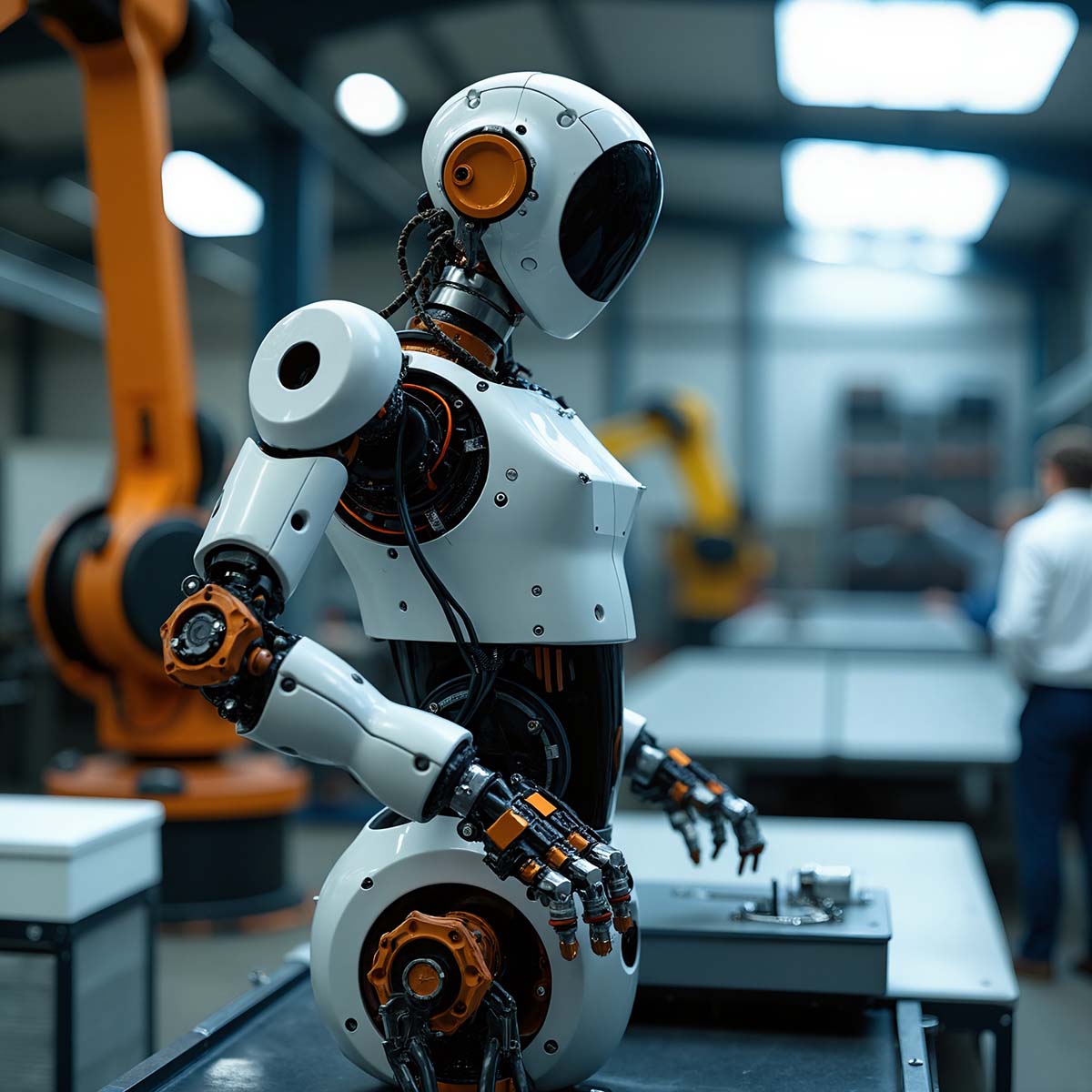
T4. Digital industrial design, robotics and automation
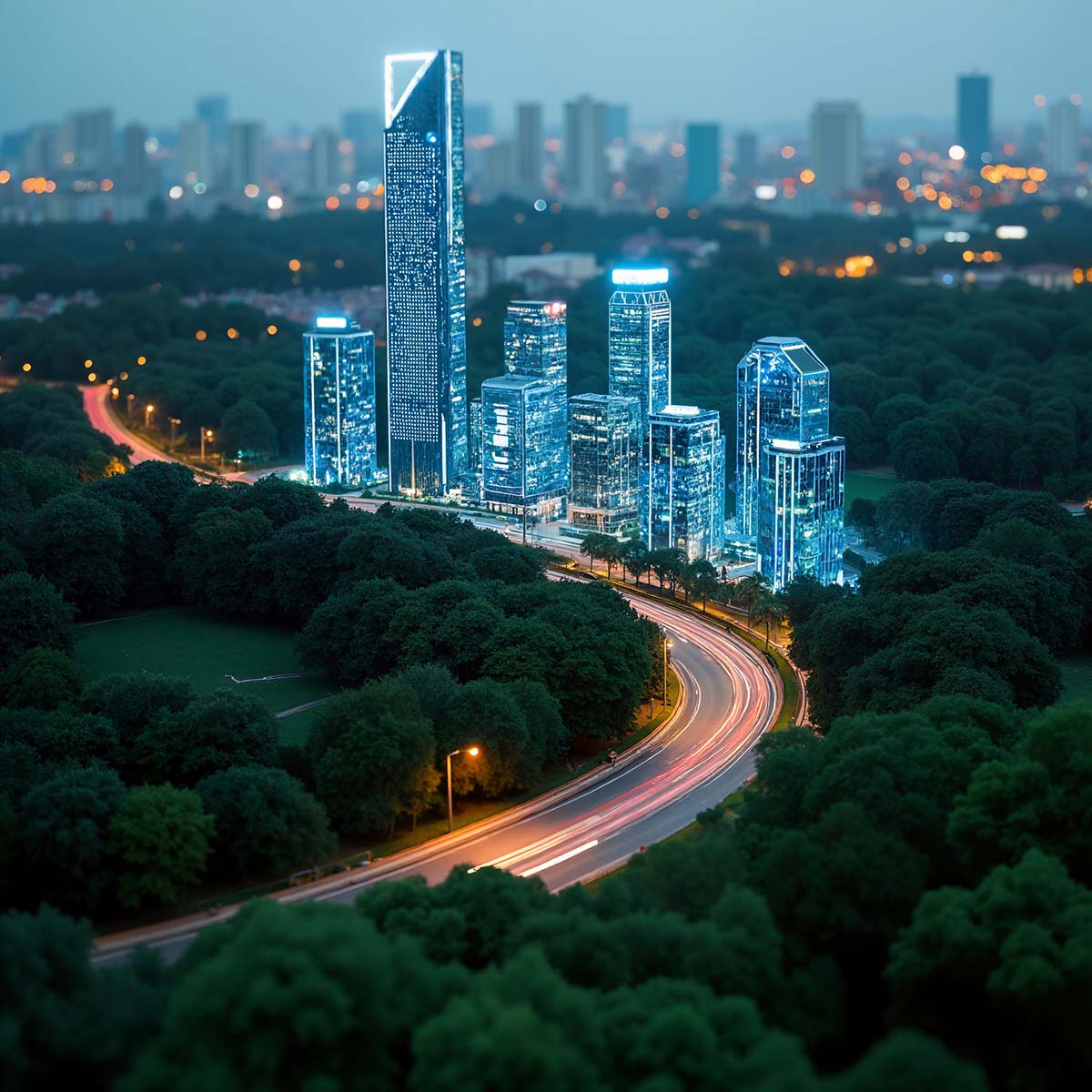
T5. Intelligent and responsive cities and landscapes.

T6. Digital sciences, practices, and theory. BioDesign - Nature-Based Design (NBD).
design. Hacker/maker culture, DIY, and FabLabs. Decentralizing design. Decolonizing design. Collaborative and collective design. Computational Fluid Dynamics (CFD), thermal analysis, solar simulations, kinematics simulations, etc. Analytics. Bio-Inspired and Biodesign explorations. Bioinformed design strategies.

T7. Artistic practices and creative industries.

T8. Applied geomatics and new technologies.
City of Córdoba: Host of the Congress
Welcome to Córdoba, Argentina! This beautiful city perfectly blends history, culture, and nature. Founded on the banks of the Suquía River in 1573, Córdoba is the gateway to the scenic valleys of the province.
As Argentina’s second-largest urban center, Córdoba offers excellent access routes that allow visitors to explore breathtaking landscapes in every direction within minutes. However, even without leaving the city, Córdoba shines with its rich history and vibrant attractions. From historic buildings, museums, and culinary hubs to shopping centers, churches, parks, theaters, and large-scale entertainment venues, the city has something for everyone.
Córdoba is also a city of rebellion, with pivotal moments in Argentina’s history, such as the University Reform of 1918, which reshaped higher education across Latin America, and the “Cordobazo” protests of 1969, a landmark workers’ uprising.
Being “Cordobés” means embracing a rich and diverse heritage:
- The legacy of indigenous cultures.
- The influence of Spanish colonization.
- The profound imprint of Jesuit culture.
- The often-overlooked contributions of Afro-descendants, whose rhythms enriched local traditions like murgas and carnival dances.
- The more recent influx of Italian and Central European immigrants who arrived in the late 19th and 20th centuries.
The Jesuit Block and the Jesuit Estancias, recognized as UNESCO World Heritage Sites in 2000, stand as a testament to Córdoba’s historical and cultural significance.
In the present day, Córdoba embraces multiculturalism and globalization. Its vibrant artistic identity is characterized by contradictions, nuances, and diversity.
Come and experience Córdoba—a beautiful, historic, multicultural, accessible, and welcoming city that invites you to discover its many charms.
Enjoy Córdoba Capital!
KEYNOTES
SPEAKERS

Branko Kolarevic
USA
Branko Kolarevic, is a professor and former dean of the Hillier College of Architecture and Design at NJIT in Newark. He has taught architecture at several universities in North America and Asia. He has authored, edited or co-edited several books, including “Mass Customization and Design Democratization” (with Jose Duarte), “Building Dynamics: Exploring Architecture of Change” (with Vera Parlac), “Manufacturing Material Effects” (with Kevin Klinger), “Performative Architecture” (with Ali Malkawi) and “Architecture in the Digital Age.” He was president of several organizations like ACADIA. He is a recipient of the ACADIA Award for Innovative Research in 2007 and ACADIA Society Award of Excellence in 2015.

Vera Parlac
USA
Vera Parlac is an associate professor of architecture at the Hillier College of Architecture and Design, New Jersey Institute of Technology (NJIT), where she founded the Building Dynamics Laboratory. Her research is focused on responsive material systems that adapt to external and internal influences and is informed by contemporary models in biology, material science research, and mechatronic systems. Her work is featured in the “Building Dynamics: Exploring Architecture of Change” book published by Routledge, with Kolarevic. Vera is a licensed architect and has worked in several architectural firms including Carlos Zapata Design Studio and Kieran Timberlake Associates.

Thomas Wortmann
Germany
Tenure-Track Professor Thomas Wortmann directs the Department of Computing in Architecture at the Institute for Computational Design and Construction (ICD/CA), University of Stuttgart. He researches the use of computational methods such as optimization, multi-variate visualization and machine learning in architectural design processes and leads the development of Opossum, a machine-learning based optimization tool that has been downloaded close to 17.000 times. Thomas will share his recent research on artificial intelligence and reflect on the impact of AI on the architectural profession.

Bige Tuncer
NETHERLANDS
Bige Tunçer is currently a full professor at Eindhoven University of Technology in The Netherlands. She holds a PhD from Delft, an MSc from Carnegie Mellon, and a BArch from Middle East Technical University. She has taught at SUTD Singapore, TU Delft, ETH Zurich, and MIT. Her research focuses on evidence-informed design processes.

Alfredo Andia
usa
Alfredo Andia is an Associate Professor at Florida International University in Miami,( FIU) USA. His research focuses on architectural design, digital technologies, and the impacts of advanced synthetic biology on architecture. He has served as co-chair of the ACSA International Conference and the Possible Futures Competition at the Biennale Miami+Beach. His work has been published in books and over 70 articles and has been featured by the BBC, Discovery Channel, NHK-Japan, and other international media.

Karen Aune
BRASIL
Karen Aune is a Researcher and Associate Professor at the Faculty of Architecture and Design at the Universidad de los Andes in Bogotá, Colombia. She holds a PhD Cum Laude in Art from the doctoral program “Advanced Studies in Artistic Productions” at the University of Barcelona, Spain. Her research explores science fiction as a poetic lens to reflect on ecosystemic changes driven by Capitalocene dynamics and the alteration of human perception through digital technologies. Her work combines analog processes with image manipulation technologies and digital fabrication, questioning the mutation of the biological through the lens of virtuality.

Pablo Lorenzo-Eiroa
ARGENTINA
Pablo Lorenzo-Eiroa innovates in information-based representation and robotic construction, integrating big data, simulation, and artificial intelligence. In 2024, he completed an ultrathin shell structure with AI at Stapleton Waterfront Park in New York. He is the Director of the AI Lab and an Associate Professor with Tenure at SoAD, New York Institute of Technology. His projects have been exhibited at the Venice Biennale, MoMA, and NYC Media Lab, among others. He was co-chair of ACADIA 2010 and published Digital Signifiers in an Architecture of Information with Routledge in 2023, gaining global media recognition.
CONFERENCE STAGES
Stage 1 – Call for Abstracts SIGraDi 2025
Stage 1 is now closed and no longer available.
Stage 2 – Call for Papers SIGraDi 2025
Stage 2 is now closed and no longer available.
Stage 3 – Camera – ready Final Paper SIGraDi 2025
Stage 3 is now closed and no longer available.
In person conference
As we approach the upcoming conference, we kindly ask all authors to complete the following form. The information collected will help us confirm your in-person attendance, as well as your participation in the conference dinner and your menu preference.
Please make sure to submit your response by October 22.

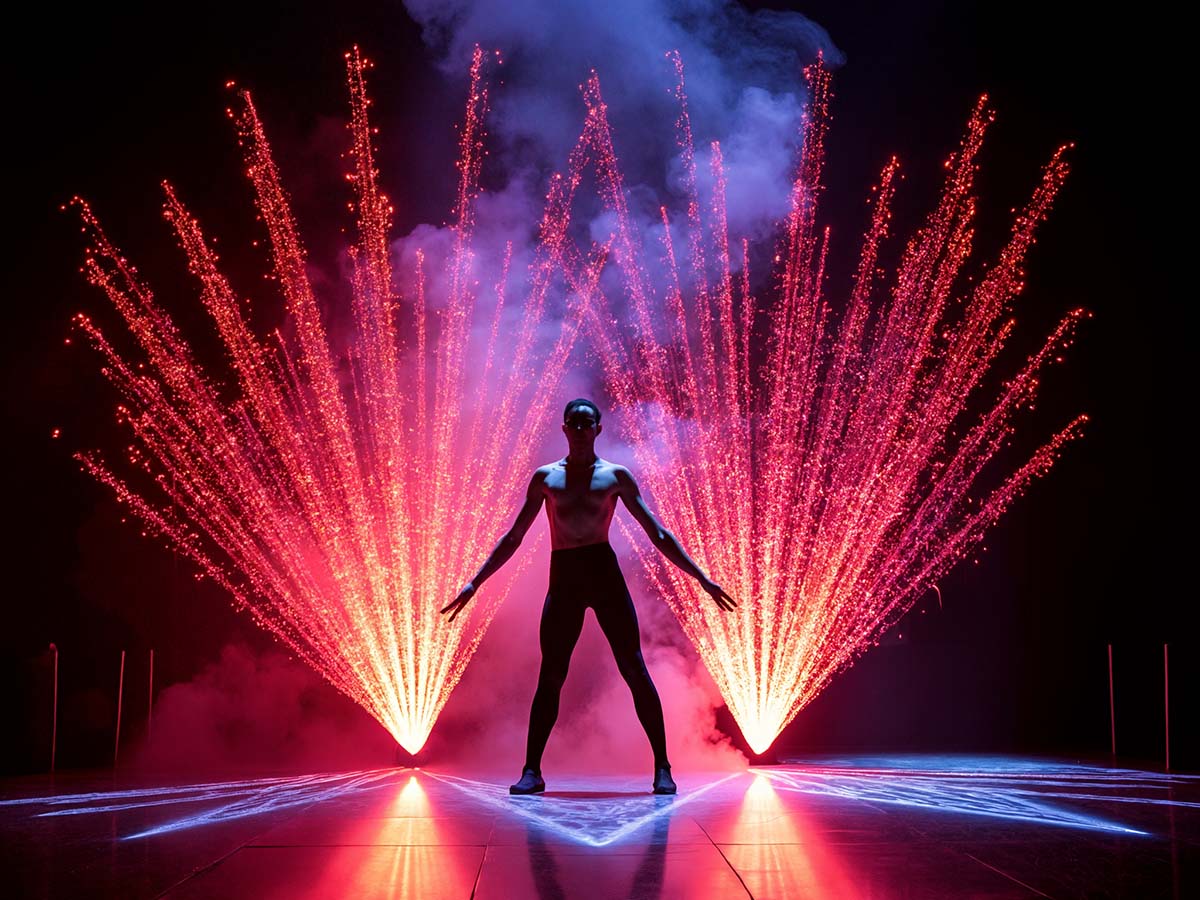
Presentation schedule
We are pleased to announce that the presentation schedule and time slots for SIGraDi 2025 are now available.
You can check the complete grid of presentations and schedules by clicking the button below.
Each presentation will have 10 minutes for the talk and 5 minutes for questions and discussion.
Presentation template
Here you will find a suggested template for your SIGraDi presentation.
Please note that this is not a requirement, just a recommendation.
WORKSHOPS
Call for Application for the SIGraDi 2025 Online Workshops
We invite you to submit your proposals for the SIGraDi 2025 Online Workshops. This is a unique opportunity to reflect on and share your knowledge of Meta-Responsive Approaches in Architecture, Art, Design, and the Sciences, from the perspectives of research, teaching, and professional practice.
📅 Workshops start November 1, 2025
Your contribution will strengthen the academic and professional dialogue on innovation and interdisciplinary exchange, fostering collaboration that enriches the SIGraDi community.
We look forward to receiving your proposals!
For questions, please contact us at: sigradi.oficial@gmail.com


Call for Application for PhD Workshops 2025
We are pleased to welcome you to the SIGraDi 2025 PhD Workshops. The PhD workshops are a space to challenge conventional thinking, explore interdisciplinary approaches, and push the boundaries of your research.
This year’s theme focuses on Meta-Responsive Approaches in Architecture, Art, Design, and the Sciences, from the perspectives of research, teaching, and professional practice.
📅 PhD Workshop dates: November 7–8, 2025
🗓️ Application deadline: November 2nd, 2025 — 12:00 p.m. AoE (Anywhere on Earth)
We look forward to your application.
For questions, please contact us at: sigradi.oficial@gmail.com
REGISTRATION
SIGraDi 2025 in person conference registration
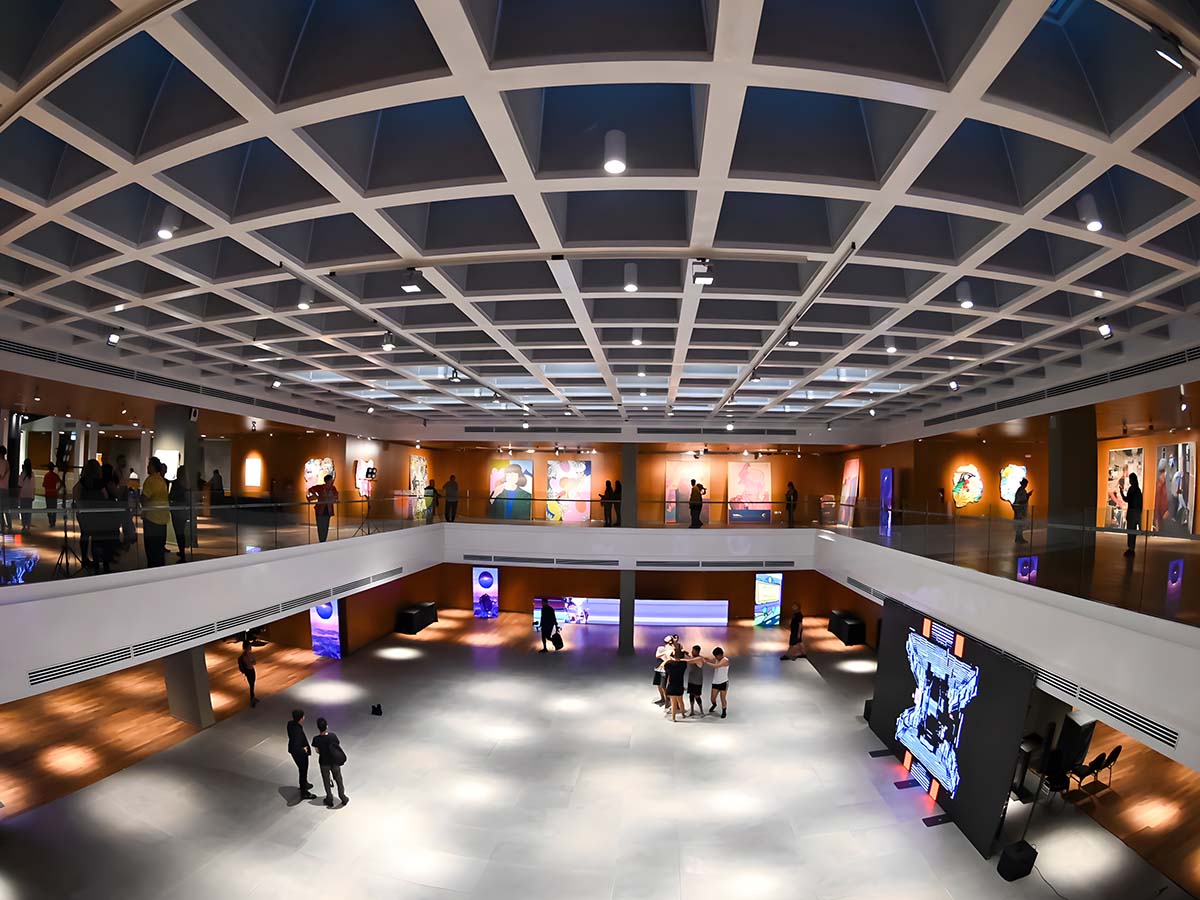
Author
USD 360 – regular registration
USD 415 – regular registration author + dinner
Author fee gives full access to all conference activities and includes a one-year membership in SIGraDi. Each author may publish up to two full papers with this fee. Accepted full texts will be published in the Proceedings book (with ISBN) and on the Cumincad Open Access platform.
For all those attending the in person conference, the author registration also includes lunch box during the conference, coffee breaks, and a closing reception.
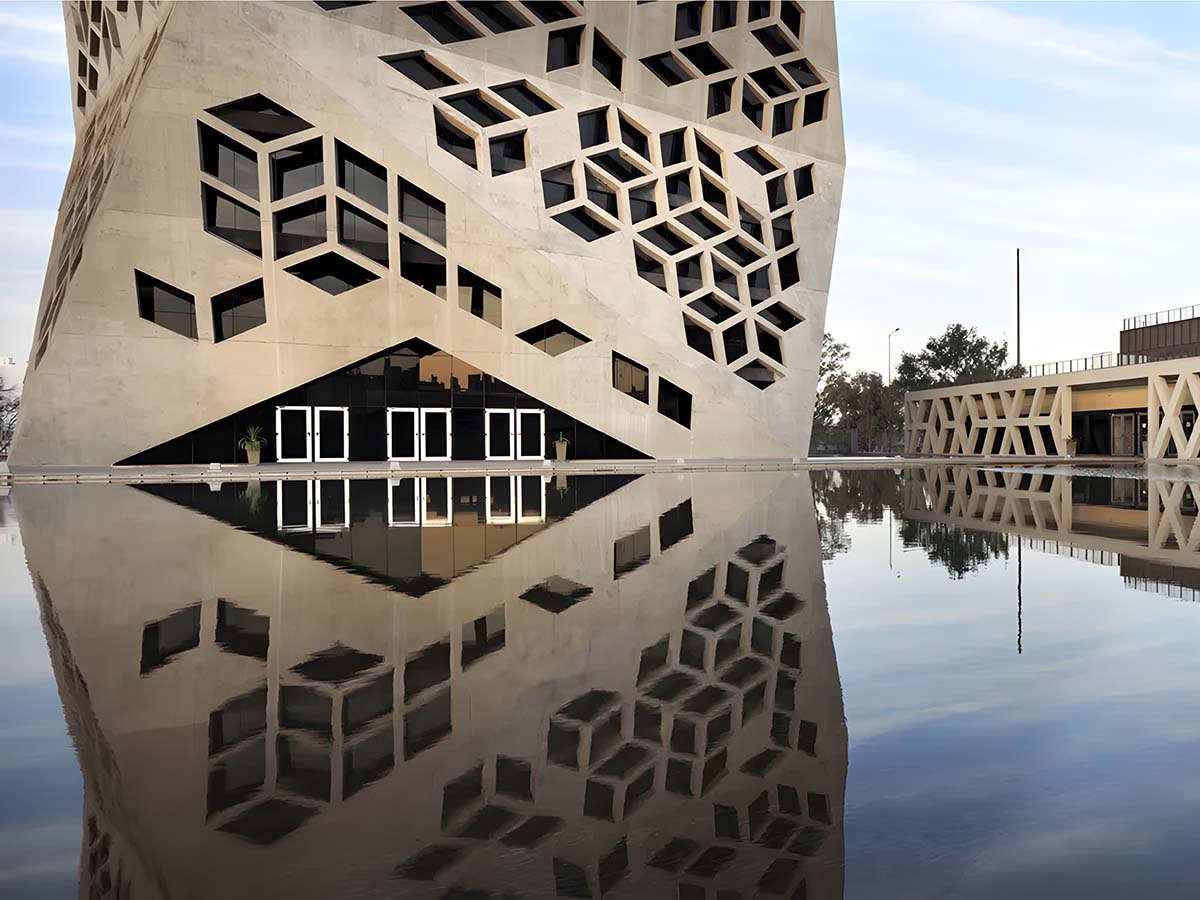
Attendee
USD 200 – regular registration
Attendee fee gives full access to all conference activities. The attendee fee does not include the right to give a conference presentation or to publish a full paper. The registration also includes lunch box during the conference, coffee breaks, and a closing reception.
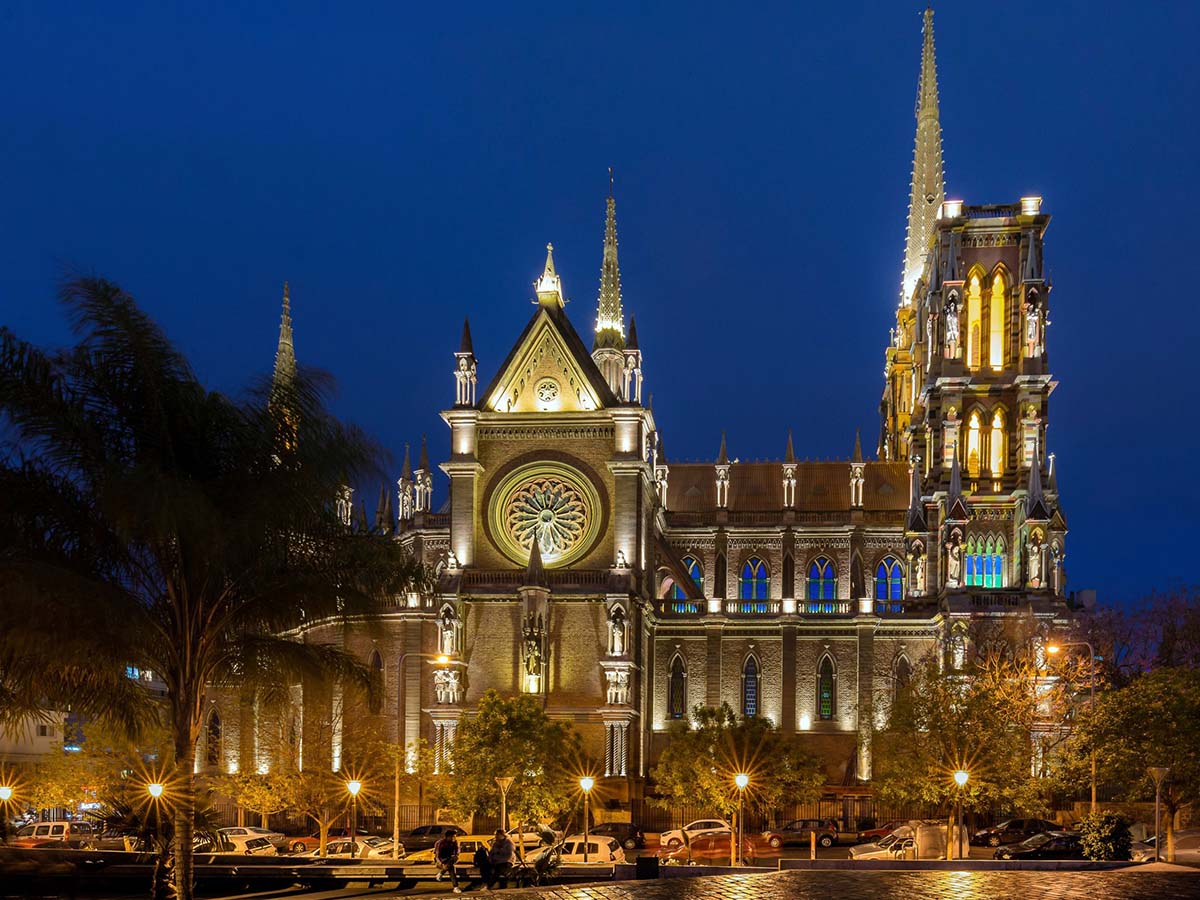
Student
USD 60 – regular registration
Undergraduate student fee gives full access to all conference activities. The student fee does not include the right to give a conference presentation or to publish a full paper.
Master’s and Doctoral students are not included in this category.
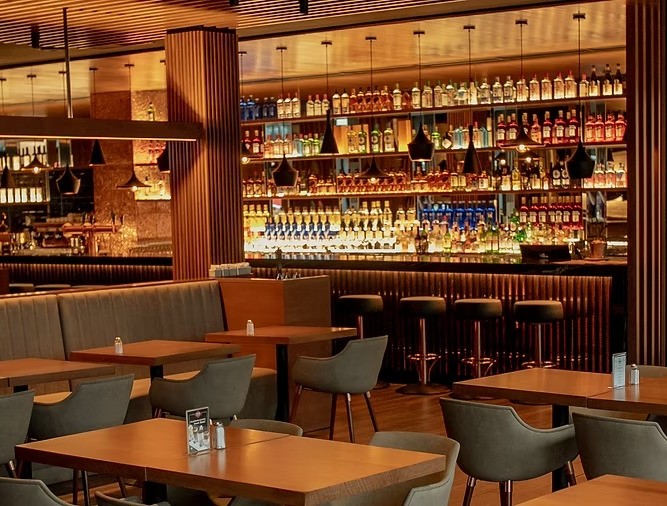
Gala dinner
USD 55
Join us at the Gala Dinner! You can purchase your ticket here — please note that it is sold separately from both author and attendee registration. The event will take place at Tucson Steak House, where you’ll enjoy a memorable dining experience.
Frequently Asked Questions
Where to stay?
The congress will take place at the Faculty of Architecture, Urbanism and Design (FAUD) in Córdoba. Among the recommended accommodation options, the Y111 Hotel stands out for its comfort and prime location right in the heart of the city.
Plus, if you’re attending the SIGraDi 2025 congress, you’ll be able to enjoy special discounted rates, making your stay in Córdoba even more pleasant.
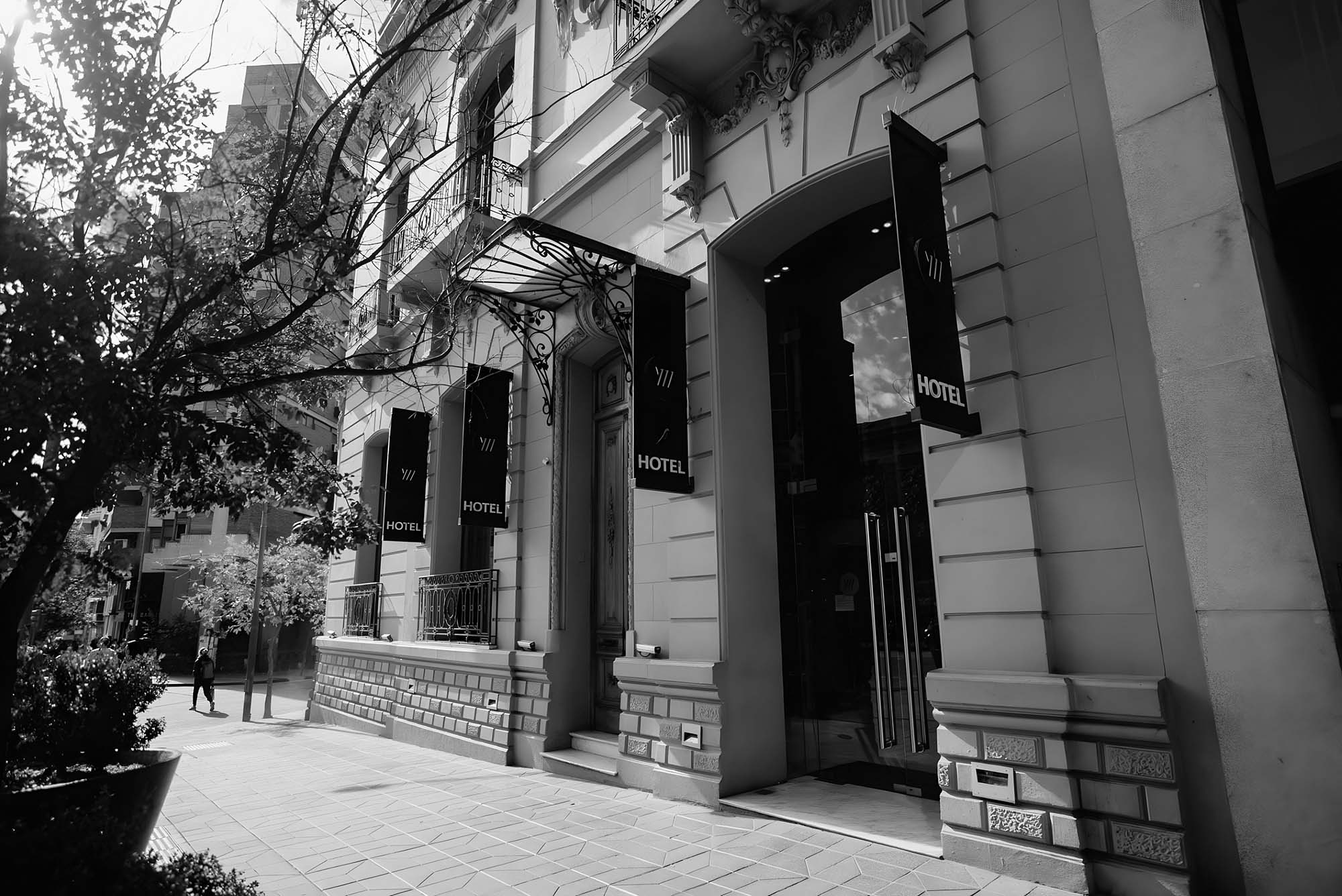
OUR TEAM
córdoba 2025
CHAIR
Raquel Landenberg
COCHAIR
Sara Boccolini
COCHAIR
GENERAL ORGANIZATION
Lucas Peries
COORDINATION
Mariana Salas and Darío Martín
IMAGE
Sara Boccolini and Pablo Herrera
SYSTEMS
